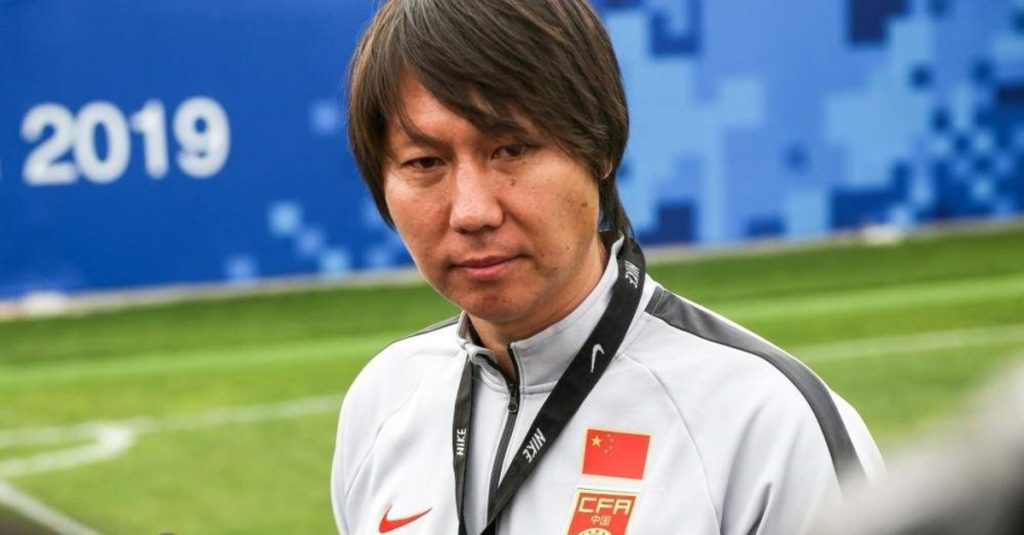The former coach of the Chinese national men’s football team has received a 20-year prison sentence for bribery, according to state media.
Li Tie, a former player for Everton in the English Premier League, admitted earlier this year to match-fixing, accepting bribes, and offering bribes to secure the top coaching position.
This case is indicative of President Xi Jinping’s extensive anti-corruption campaign affecting various sectors, including sports, banking, and the military.
Earlier this week, three ex-officials from the Chinese Football Association (CFA) were also sentenced to prison for bribery, with investigations extending to more than a dozen coaches and players.

Li, who served as the national team’s head coach between January 2020 and December 2021, pleaded guilty in March to receiving over $16 million in bribes.
According to the court, these activities date back to 2015, when he was an assistant coach at the Hebei China Fortune Club, continuing until he stepped down as the national coach in 2021.
In return for the bribes, Li would choose specific players for the national team and assist football clubs in winning tournaments.
The 47-year-old appeared in an anti-corruption documentary released by Chinese state broadcaster CCTV earlier this year, where he expressed remorse for his actions.
“I’m very sorry. I should have kept my head to the ground and followed the right path,” he said. “There were certain things that at the time were common practices in football”.
Li, who earned 92 caps for China and represented the country in its only World Cup appearance in 2002, finds his legacy intertwined with the turbulence surrounding Chinese football.
Earlier this year, his former boss, ex-CFA president Chen Xuyuan, was sentenced to life in prison for accepting bribes totaling $11 million.
China’s president, Xi Jinping, has long expressed ambitions to elevate the nation’s football stature. In 2011, he outlined his “three wishes” for Chinese football: to qualify for the World Cup again, host the tournament, and eventually win the trophy.
However, the recent wave of arrests and convictions involving prominent football figures—some tasked with spearheading the nation’s football revolution—has delivered a significant blow to these aspirations.
This anti-corruption campaign mirrors an earlier crackdown in 2010, during which several officials, national team players, and referees were imprisoned for corruption. That campaign was also spearheaded by Xi, who at the time served as China’s vice-president.
Rowan Simons, author of Bamboo Goalposts, a book chronicling his grassroots football efforts in China, reflected on the ongoing issues in a BBC interview: “In many ways, [the current campaign] looks exactly the same as it was ten years ago with a different set of characters.”
“How is it different? There’s much more money involved.”


